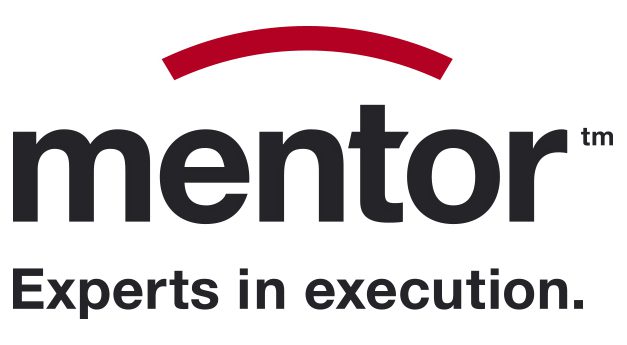In Praise of Brian O’Heron: The Shortcut to Program Success
One of the greatest lessons I learned early in my career came from one of my mentors, Brian O’Heron.
Brian had a knack for cutting through the bullsh*t during project reviews to get to the facts.
His method? A list of banned qualifiers he called Speech 53.
Everyone on the team knew what was coming when Brian asked them to “recite Speech 53.”
It was a “not very polite” warning to drop vague excuses and give crisp, precise answers.
Qualifiers like:
“I was led to believe…”
“It’s my assumption that…”
“To the best of my knowledge…”
…were not just discouraged – they were forbidden.
The Cost of Vagueness
Brian believed that fuzzy answers didn’t just waste time – they jeopardised entire projects.
Misalignment, delays, and confusion all stem from a lack of clarity, and qualifiers like these were often just placeholders for ignorance.
The £5 Fine Rule
Later in my career, I led a team where the use of these qualifiers came with a price – literally.
A £5 fine was imposed every time someone said “I believe…” or “My understanding is…” during a project review.
At first, we collected a tidy sum, enough to fund Friday drinks at the bar. But something remarkable happened within a few months:
- Team members learned to prepare thoroughly for meetings.
- Answers became direct, precise, and actionable.
- Project performance improved dramatically.
Soon, we could not raise enough money for Friday drinks from fines alone – and we were delighted by that fact.
The shift wasn’t just in communication; it transformed our culture.
Transgressors not only became more precise – but also started demanding the same from their own teams.
Speech 53: A Shortcut to Facts
The essence of Speech 53 is simple: if you don’t know, don’t bluff. Instead, say, “I don’t know, but I’ll find out.”
This encourages transparency, builds trust, and sets a standard of accountability across the team.
Here’s what you can do to implement Speech 53 in your teams:
Ban Vague Qualifiers
Make a list of forbidden phrases (e.g., “I think,” “I believe,” “My assumption is…”).
Reward Precision
Praise team members who come prepared with facts or admit knowledge gaps without excuses.
Model the Behaviour
As a Program Manager, ask precise questions and set the expectation for direct answers.
Normalise Follow-Ups
Encourage team members to return with concrete information when they don’t have immediate answers.
Why It Works
When answers are crisp and grounded in facts, decisions are faster, execution is smoother, and trust across the team soars.
The process may start with fines and fun, but the real reward is the confidence that comes with delivering on your promises.
The Legacy of Speech 53
Brian O’Heron’s Speech 53 wasn’t just about banning phrases – it was about instilling discipline, clarity, and accountability.
It taught me that success in project management lies in the simplest things: direct questions, honest answers, and a relentless focus on facts.
So here’s my challenge to you.
Banish the qualifiers, embrace clarity, and watch your projects – and your teams – transform.
As Brian would say, “There’s no shortcut to excellence, but there’s always a shortcut to the facts.”
Cheers to Speech 53 – and the crisp communication it inspires!
About the author
David Hilliard is founder of Mentor, specialists in strategic program execution.
You can call him on 0118 359 2444 or email david.hilliard@mentoreurope.com.

